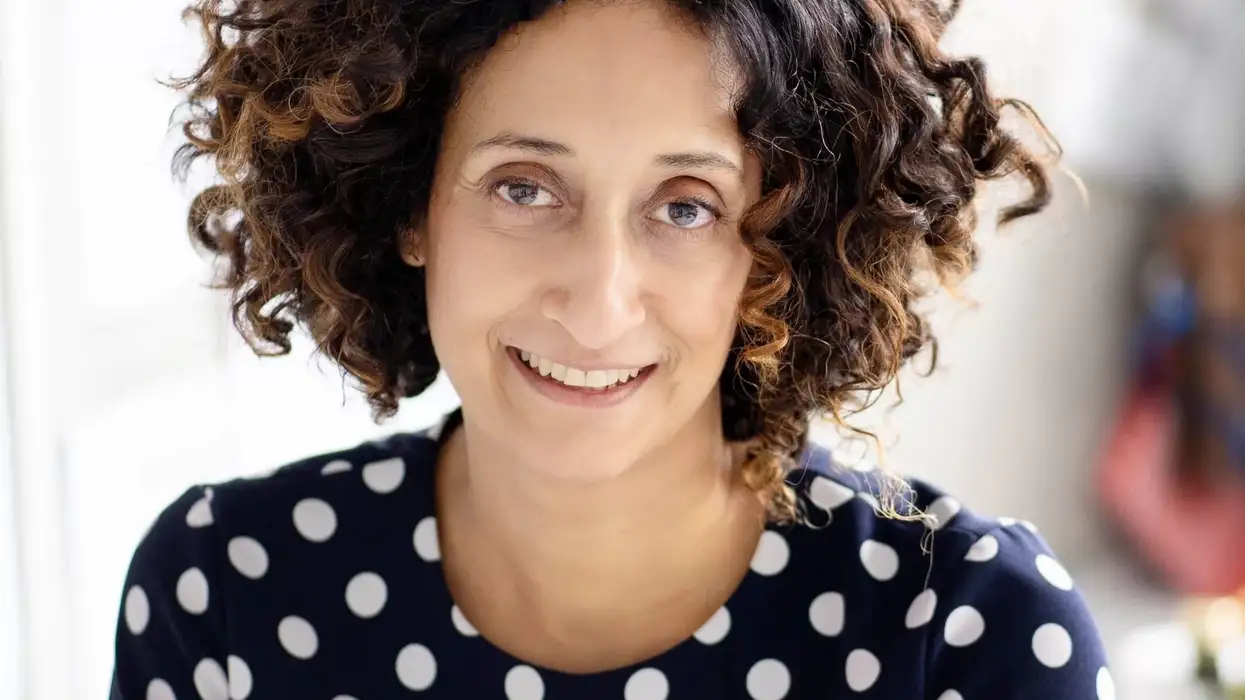A ban on lunchtime prayers at Michaela Community School in London, which prompted a legal challenge from a student, received backing from notable Muslim leaders, according to the school's headteacher, Katharine Birbalsingh.
This week, the school successfully defended its policy of prohibiting pupils from praying during lunchtime in the playground in a court ruling that sparked interest nationwide due to its implications for religious freedoms within educational institutions.
Katharine Birbalsingh informed the court that she consulted with senior Muslim figures before instituting the ban on ritualistic prayer, reported The Times. After implementing the prohibition, she discussed it with the imam at the London Central Mosque and Islamic Cultural Centre, who, she said in court documents, "agreed with this view and offered to speak to any Muslim parents who had doubts on this point."
The London Central Mosque and Islamic Cultural Centre did not respond to requests for comment regarding these claims when contacted by the newspaper.
The student, whose identity remains confidential, had filed a lawsuit against the school in northwest London, arguing that the ban was discriminatory and adversely impacted her ability to practise her faith due to its ritualistic requirements.
She contended that the school’s policy of prohibiting prayer on campus violated her right to religious freedom and contributed to making religious minorities feel excluded from society. "The kind of discrimination which makes religious minorities feel alienated from society," she had argued.
The state-funded but independently managed school had stated that the policy was necessary following incidents where multiple students began using their blazers as mats to pray in the schoolyard, reported the BBC.
The school introduced the ban to prevent what it described as a "culture shift" that could lead to "segregation between religious groups and intimidation within the group of Muslim pupils."
In his written ruling, Justice Thomas Linden rejected the student's arguments, stating that by choosing to attend the school, she had accepted its rules, including those that restrict how she could manifest her faith. He found that the ban on prayer rituals was "proportionate" and that its aims and effectiveness in meeting them "outweigh" any "adverse effects" on the rights of Muslim pupils.
Birbalsingh also highlighted in court that observant Muslim pupils could perform the Dhuhr prayer at the nearby Brent Civic Centre after school, as reported by The Timesh.
The student expressed in her witness statement that despite nearly three years at the school, and the challenges faced, including past exclusions, she did not wish to transfer to another school. "She does not think that she would be able to access such a high standard of education elsewhere in her area, and a move would be very disruptive to her education," the statement read.





